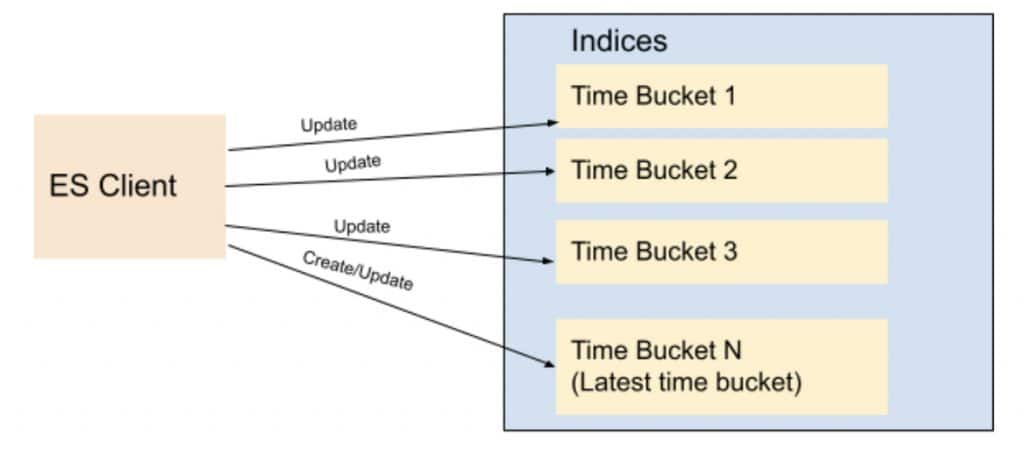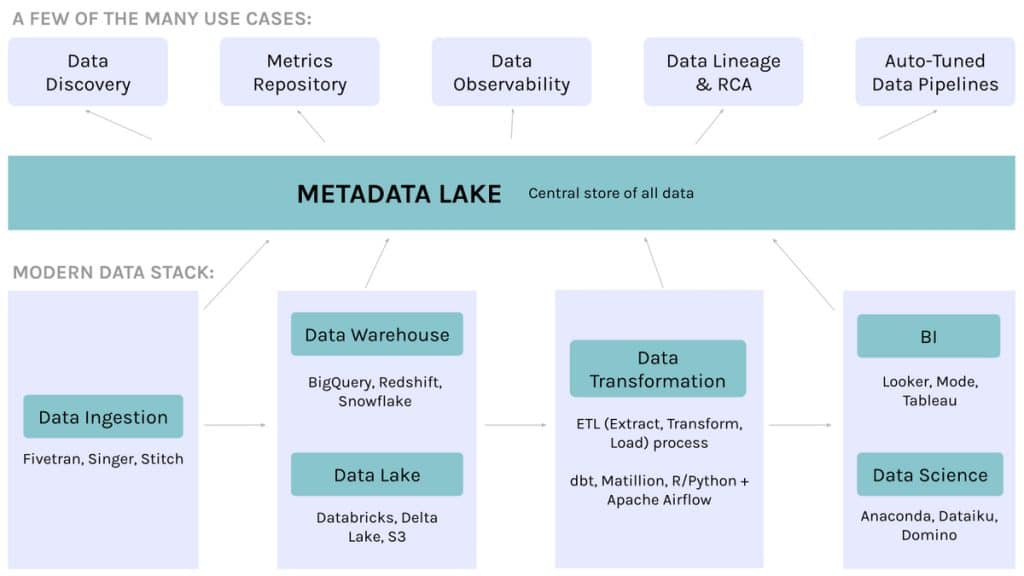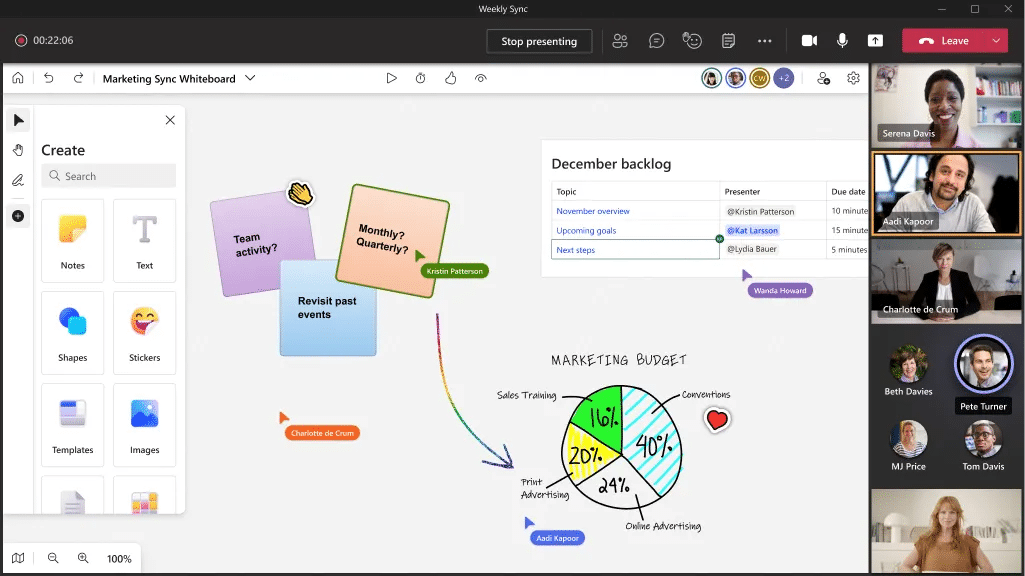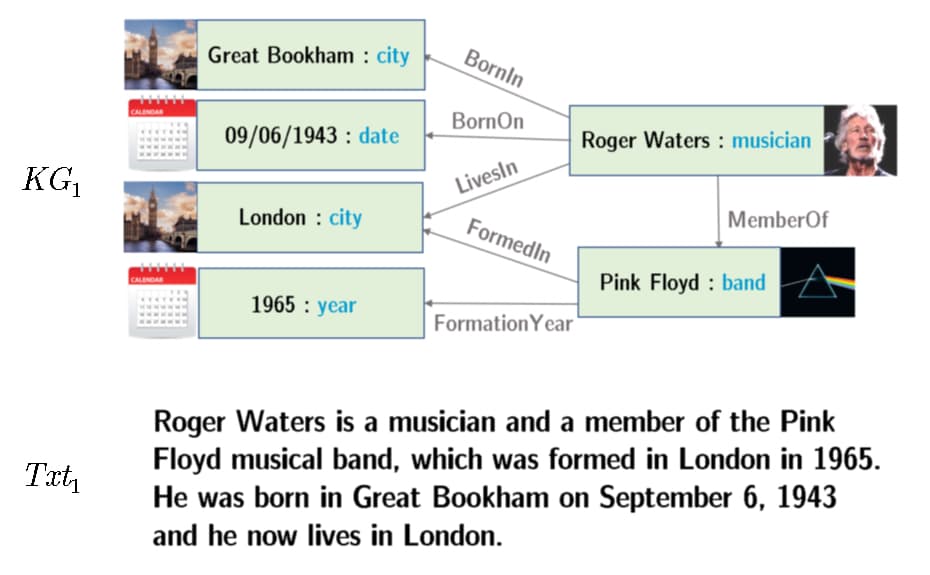This week we have articles from Mark Nottingham (@mnot)and Ethan Zuckerman (@EthanZ). News comes from KPS and Brightspot, Lilt, Elastic Search, and LumenVox.
Opinion / Analysis
How the next layer of the internet is going to be standardised
Mark Nottingham takes a look at the UK Competition and Market Authority’s (CMA) investigation and agreement with Google, and the US proposed ACCESS Act 2021, which would require designated platforms to conform to interoperability standards set a new committee run by the FTC. He explains why these well-intentioned efforts could result in internet fragmentation and ossification. Nottingham then asks whether the IETF and W3C should take on this standards development and discusses the pros and cons. Certainly they should have at least an advisory role — anything less would be negligent. This article should be required reading for anyone advising government regulators, if not the regulators themselves.
https://www.mnot.net/blog/2021/06/21/standards-competition-governance
Facebook only cares about privacy for advertisers
The “only” in the title may sound a little strong, but given that 98% of Facebook’s revenue comes from advertisers, the title is fair enough. Especially as Facebook just shut down accounts of researchers at NYU’s Ad Observatory project and said it was to “protect people’s privacy in line with our privacy program under the FTC Order”. To put it mildly, this was a misleading statement. Ethan Zuckerman explains what happened, and why this kind of research is critical to understanding how personal data is being used to spread misinformation, among other things.
More reading…
- What makes Elon Musk move so fast? Excellent advice from Elon. via Monday Note
- Just because… The Metaverse Primer, via Matthew Ball
- Because you should know what disfluencies are… Google AI introduces two new datasets for conversational NLP via MarktechPost
Content technology news
Lilt launches Quick Translate Machine Translation solution
New user interface enables higher quality machine translation in a secure environment.
https://lilt.com
KPS and Brightspot partner to deliver content management
Brightspot CMS will enable international KPS customers to scale quickly and accommodate complex workflows.
https://www.brightspot.com ▪︎ https://kps.com/global/
Elastic centralizes management of Enterprise Search
Deeper insight with Kibana visualizations, precision tuning in App Search, synonym support in Workplace Search, data ingestion flexibility.
https://www.elastic.co/blog/whats-new-elastic-enterprise-search-7-14-0
LumenVox launches new speech recognition engine with transcription
Built using artificial intelligence (AI) and deep machine learning (ML), helps deliver more accurate speech-enabled customer experiences.
https://www.lumenvox.com
The Gilbane Advisor is curated by Frank Gilbane for content technology, computing, and digital experience professionals. The focus is on strategic technologies. We publish recommended articles and content technology news weekly. We do not sell or share personal data.
Subscribe | Feed | View online | Editorial policy | Privacy policy | Contact







